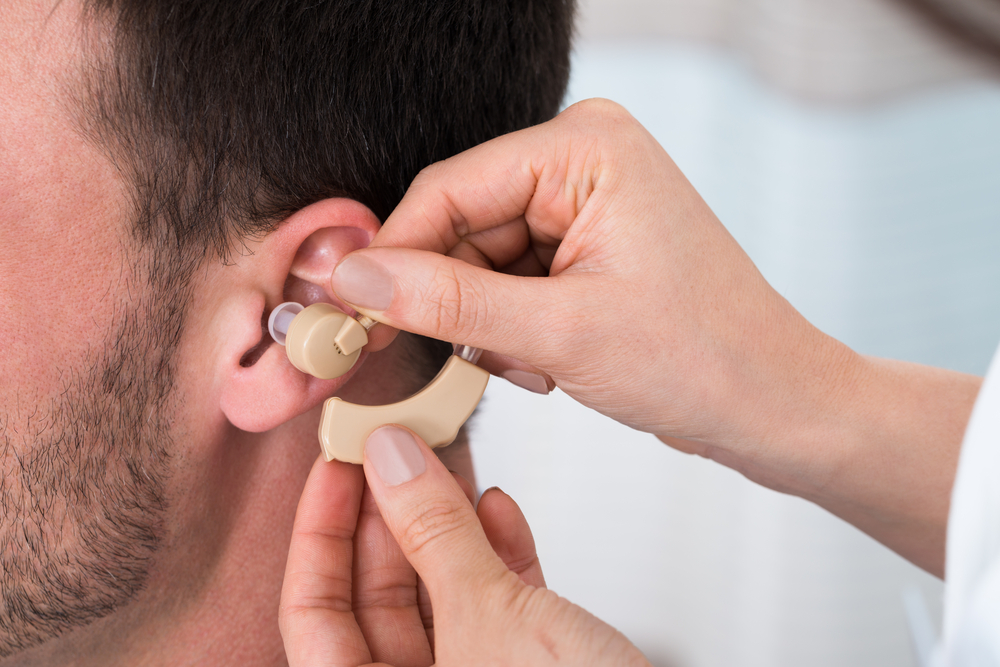Contents:
- Medical Video: Pap and HPV Testing | Nucleus Health
- Test for detection of cervical cancer
- 1. Pap smear test
- 2. HPV DNA testing
- Test to determine if you have cervical cancer
- Test to determine the stage of cervical cancer
- How to prevent cervical cancer?
Medical Video: Pap and HPV Testing | Nucleus Health
Detection cervical cancer must be done as early as possible to increase the chances of recovery. During this time, the death rate from cervical cancer is quite high because many new women realize that they have cervical cancer when they have entered an advanced stage, or even have spread. In fact, if detected early, cervical cancer can still be cured.
Test for detection of cervical cancer
Early detection of cervical cancer can be done by undergoing two types of tests, namely:
1. Pap smear test
Pap smear test generally recommended for women who have had sex.
The pap smear test is an examination that aims to determine whether there is abnormal cell growth in the uterus. The growth of cancer cells in the cervix is also abnormal, so it can be detected by this tool.
A Pap smear is done by collecting cells in the cervix and then the cells are tested in the laboratory. A Pap smear can show cell changes or signs if you have or will develop cancer cells in the cervix. So, the earlier you do a pap smear, the more you can prevent cancer cells from developing more severely.
2. HPV DNA testing
This test involves testing cells collected from the cervix for infections with which HPV types are most likely to cause cervical cancer. This test can be done simultaneously with a pap smear test.
The doctor can refer you to a gynecologist, the female reproductive health expert, if the test results show abnormalities, or if the doctor sees growth in the cervix or if you have abnormal bleeding.
Test to determine if you have cervical cancer
If the pap smear test and HPV DNA tests show abnormalities, the doctor may ask you to undergo additional tests to ascertain whether the anomaly is true of cervical cancer or not.
Some tests that may be needed to confirm if you have cervical cancer are as follows.
- Colposcopy. The procedure is done with a small microscope with a light source at the end used to examine your cervix.
- Cone biopsy. This small procedure is done under anesthesia. The small cone-shaped part of the cervix will be removed for examination. After that, you may experience vaginal bleeding for up to four weeks after the procedure. You can also experience menstrual pain.
Test to determine the stage of cervical cancer
If your doctor believes you have symptoms of cervical cancer, the doctor will then check how severe the condition is or stage of the cancer stage. The test can include.
- Check the uterus, vagina, rectum, and urine if there is cancer. This procedure is done with anesthesia.
- Blood test to check the condition around the organs, such as bones, blood and kidneys.
- Imaging tests, namely with technology Computerized tomography (CT) scan, Magnetic resonance imaging (MRI) scans, X-rays, and Positive emission tomography (PET) scan. This test is done to identify cancerous tumors and when cancer cells have spread (metastasis).
How to prevent cervical cancer?
Vaccination is the most effective primary prevention. Women aged 9 to 55 years are recommended to accept HPV vaccination. This vaccine will only be effective if you have not contracted HPV, that's why vaccines are recommended before you are sexually active. But not only women, men can also carry HPV so men must also consider receiving the vaccine.
Centers for Disease Control and Prevention (CDC) recommends that both men and women should get the HPV vaccine at the age of 9 at a double dose of vaccine (at a 6-12 month interval between vaccines).
Periodic examination or screening, is one other way of prevention cervical cancer. Because in the early stages of cervical cancer and HPV attacks do not cause symptoms, usually new cancers are detected when in the stage or advanced stage where the cancer cells have spread.












